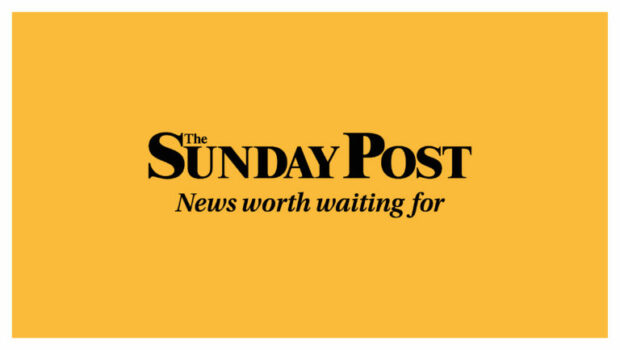
Debate in parliament on the UK leaving the European Union has prompted a flurry of uses of the expressive Scots word “boorach” – or, if you prefer, the Gaelic word “bùrach”. Originally meaning a heap of earth, “boorach” is now used as a term for a mess or a shambles. Over the first 19 years of the parliament, “boorach” has been used variously to describe crofting law, the 2007 council elections, the Edinburgh trams project and the Gourock to Dunoon ferry service.
– The Scottish Parliament, 2018
The fierce debate about whether the word is Scots or Gaelic might have abated a little but the argument over whether the Scottish Government has made a boorach or omni-boorach of the Census has only just started.
Our fluency in English, Gaelic and Scots was just one of the things tested in the survey, although that will be news to the 580,000 households who haven’t done it yet. That’s nearly a quarter of the 2.7 million homes asked to go online and fill it in and a shambles-shaped hole in the data being collected.
The Scottish Government has extended the deadline by a month but, however many more forms get in under the wire, there are mounting concerns because, as experts tell us today, the information gathered in the Census could not be more crucial. It is a snapshot of the nation, a picture of who lives where and how. It shapes official planning and directs limited resource to where it is needed most.
The last time it was held in Scotland, 11 years ago, completion rate was 95%, so for it to be scuffling about in the 70s is grisly.
Those intent on waging culture wars when a real one is threatening to set the world alight have already rammied about whether we need to be asked about our trans history (particularly when the section is voluntary so, to statisticians at least, presumably worthless) or fluency in Scots (which is either a language, a dialect or slang depending on who’s talking).
The more important question is why our government decided to delay the Census a year and try to do its own thing later than England and Wales, where, incidentally, the completion rate was 95%. Constitution secretary Angus Robertson – once billed as a ministerial safe pair of hands – insists the reasons were good ones while blaming the Ukraine war for the low completion rate. However, as the cost approaches £150m for a survey at risk of being rendered worthless, he might need to try that one on the Auditor General because, after a series of painstaking and excoriating reports, most recently into the ferry fiasco, he will undoubtedly be sharpening his red pencil.
The idea is, of course, for the SNP to show a distinctly Caledonian competence in this kind of stuff, to stamp Made in Scotland on whatever it can reach to demonstrate we have what it takes to be independent. We’ve got this, ministers would like to suggest, as they put together the nuts and bolts of robust, competent governance.
Building a couple of ferries, they might say? Easy-peasy. An investigation into sexual harassment allegations against a former first minister? Watch this. A Census? Hold my beer.
Meanwhile, in the real world, our ministers and civil servants seem to stumble from one crisis of competence to another while the Scots most at risk because of bad data and misdirected resource are, as usual, those most in need.
Whether, in English, Gaelic or Scots, it doesn’t seem quite good enough.

Enjoy the convenience of having The Sunday Post delivered as a digital ePaper straight to your smartphone, tablet or computer.
Subscribe for only £5.49 a month and enjoy all the benefits of the printed paper as a digital replica.
Subscribe